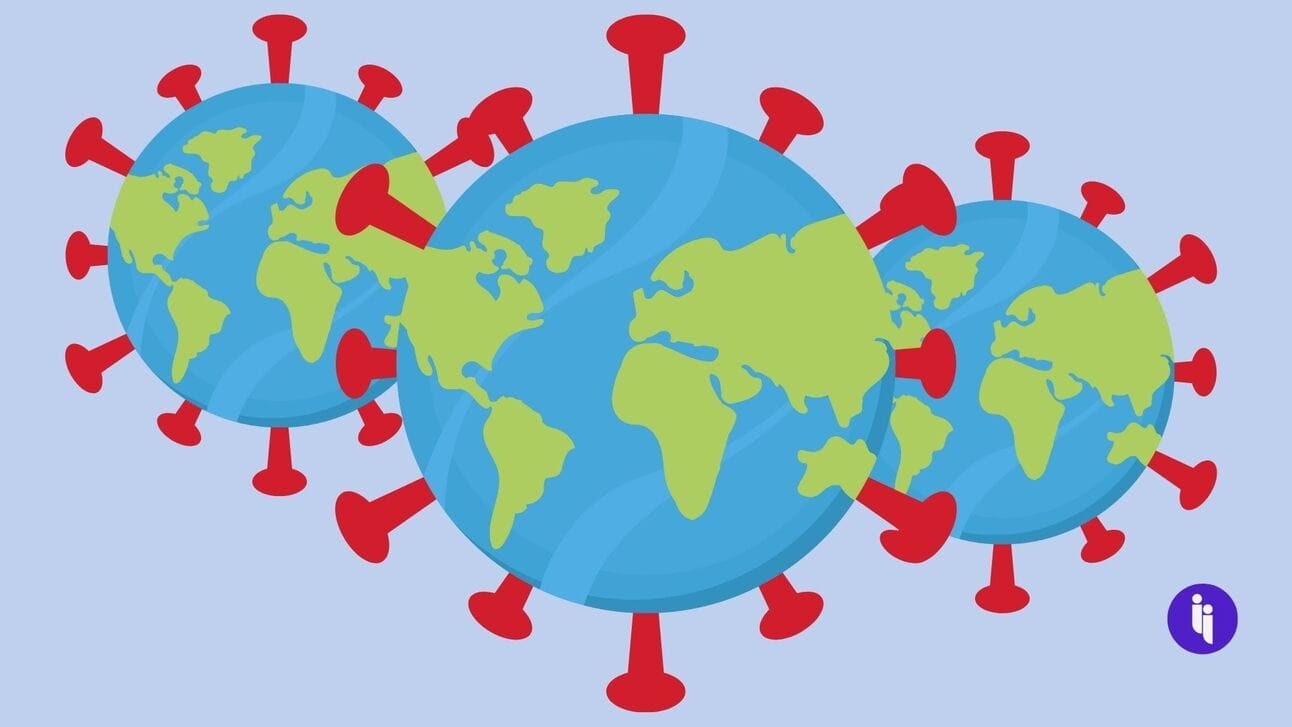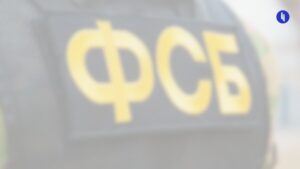World Health Organisation (WHO) chief Dr Tedros Adhanom Ghebreyesus found himself back in the headlines on Wednesday when he raised some alarm bells — mpox (or monkeypox as it was once known) is surging in parts of Africa, enough to classify it as a “public health emergency of international concern” (PHEIC).
Health. Emergency. International. Three words which, combined, induce winces in anyone recalling Covid’s lingering health and socio-political footprint.
So what’s mpox?
Stay on top of your world from inside your inbox.
Subscribe for free today and receive way much more insights.
Trusted by 129,000+ subscribers
No spam. No noise. Unsubscribe any time.
Scientists first identified it back in 1958 as an illness found predominantly in monkeys. Until recently, most cases in humans occurred in parts of central and west Africa where folks run a greater risk of close contact with infected animals.
The WHO describes the symptoms as including a skin rash or lesions, often accompanied by fever, headache, muscle aches, and swollen lymph nodes. And Africa’s regional CDC says mpox cases and deaths are up 160% and 19% respectively in a year. To put it another way, that means —
- There’ve been 14,000+ known cases this year
- And 524+ deaths
- Across at least a dozen African countries
There are a few strains of mpox — it was the clade 2 variant that figured out a rapid new way to spread: via sexual contact. That’s largely why mpox then appeared in 70+ countries in 2022, leading the WHO to declare a PHEIC then lift it in 2023 citing “steady progress in controlling the outbreak.”
- So, our world has managed an mpox outbreak before ✅
- Though the Ivory Coast and South Africa are now reporting another surge of those older strains, as are places as far away as Australia ❌
So then, how’d we reach another global health emergencythis week?
The newer clade 1b strain emerged last September out of the Democratic Republic of the Congo (DRC) mining town of Kamituga, 273km from Rwanda.
It seems deadlier and more virulent (including through routine contact), and has spread rapidly to Burundi, Kenya, Rwanda, and Uganda, all reporting mpox cases for the first time.
So that’s why the WHO issued its latest alert on Wednesday. The next day, Sweden reported its first case, and Pakistan has reported another case today (Friday), though it’s conducting sequencing to confirm exactly which strain.
So now what?
Africa’s CDC has put out a call to mobilise two million mpox vaccines, but there’s only one widely approved dose and it’s made by a single company in Denmark: Bavarian Nordic. As you can imagine, its shares are up 50% this week.
Each shot costs $100, which is relatively expensive. By way of comparison, the DRC’s GDP per capita is only $700. So it’s unclear who’s going to pick up the tab, though Bavarian Nordic has donated an initial 40,000 doses, while the EU is buying and donating another 175,420.
But in parallel, governments are scrambling to bolster their own supplies, and Bavarian Nordic says it’s only got 300,000 shots ready to go – it’s scaling up to another two million by the end of this year, plus another eight million in 2025.
Meanwhile, Africa’s CDC has said there’s no need for travel restrictions, though at least one government is already beefing up its border screening: China.
INTRIGUE’S TAKE
Covid clearly taught the world some lessons, but there are still widespread differences in interpretation, execution, and prioritisation, not to mention government budget and bandwidth. Also, trust in government spiked in some societies, and crashed in others, depending on how they fared.
But one big lesson, backed up by research, is that prevention is generally cheaper than the disease. Reducing the transmission of new diseases costs an estimated $22-$31B annually. A global pandemic like Covid? A cool 500 times more, at between $8T and $16T. So that partly explains the current scramble.
Another lesson? Whoever controls the treatment ends up with a lot of global influence, but also a massive responsibility. So all eyes are now on Denmark and the EU. We’ll also be tracking what China’s new border measures mean for its reputation in Africa. Mexico still hasn’t forgotten China’s restrictions on Mexican nationals when H1N1 hit, and that was all the way back in 2009.
Also worth noting:
- Other firms with approved smallpox vaccines have also seen a bump in their shares because smallpox vaccines are thought to be effective against mpox, too.
- Intrigue’s very own John Fowler just chatted about the geopolitics of mpox (plus the week’s other big developments) with Jacob Shapiro from Cognitive Investments. It’s free to watch and listen!









